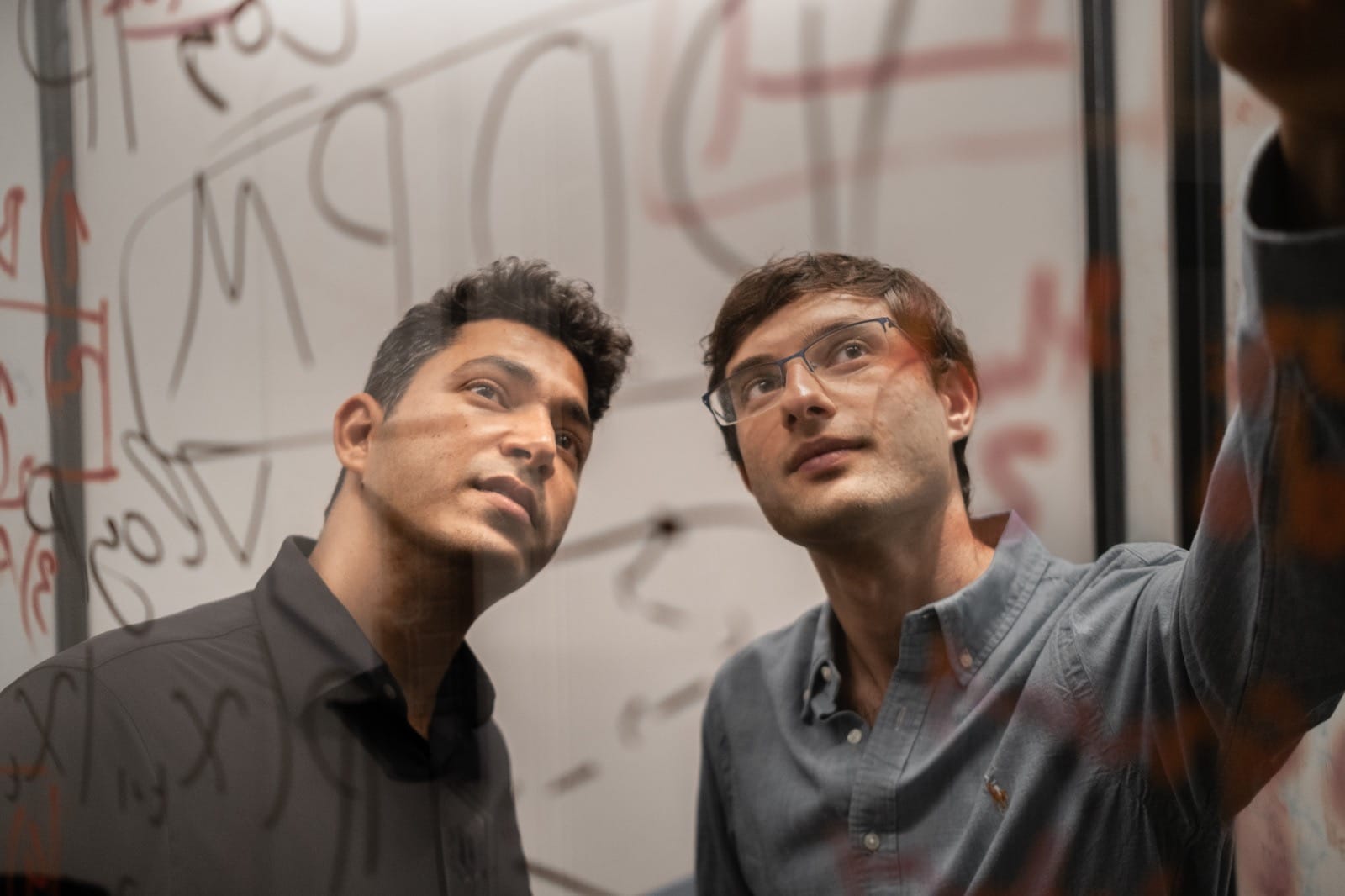AI startup Decart recently emerged from stealth with the announcement it had closed a $21 million seed funding round led by Sequoia and Zeev Ventures, and the launch of Oasis, a technical demo of an open-world AI model capable of generating "playable" Minecraft-like worlds. Recently, and less than two months after these announcements, the startup has confirmed it raised even more capital after closing a $32 million Series A round led by Benchmark, with the participation of its existing investors. This brings Decart's total raised funds to $53 million. Additionally, the startup saw its valuation jump from $100 million to over $500 million.
Decart already counts with a successful consumer product: the company has developed AI infrastructure for efficient and cost-effective scalable model training. Although the startup hasn't revealed too many details about that business, but it claims that it has earned enough millions from that product to achieve early profitability. The success of its AI optimization services undoubtedly contributed to Decart's pivot to developing its own real-time video generation models, which is the company's true focus.
Much like agentic AI, world models have increasingly been touted as the natural progression of generative AI. Unlike current video generation models, which mostly generate static video, world models have a focus on spatial reasoning, in terms of the model being able to generate consistent worlds that can accommodate actions taken by an agent (human or otherwise) on the fly.
World Labs, a startup launched by renowned AI researcher Fei-Fei Li, recently previewed some outputs of its first foundation model, which is capable of generating 3D scenes that obey the laws of physics and feature some interactive elements. Similarly, Google DeepMind previewed the most recent iteration of its world model, Genie 2, a model that can generate playable 3D scenarios from a single image, complete with object interactions and character animations. Google DeepMind aims to use Genie 2 as a tool to generate rich and diverse training environments for embodied and AI agents.







Comments